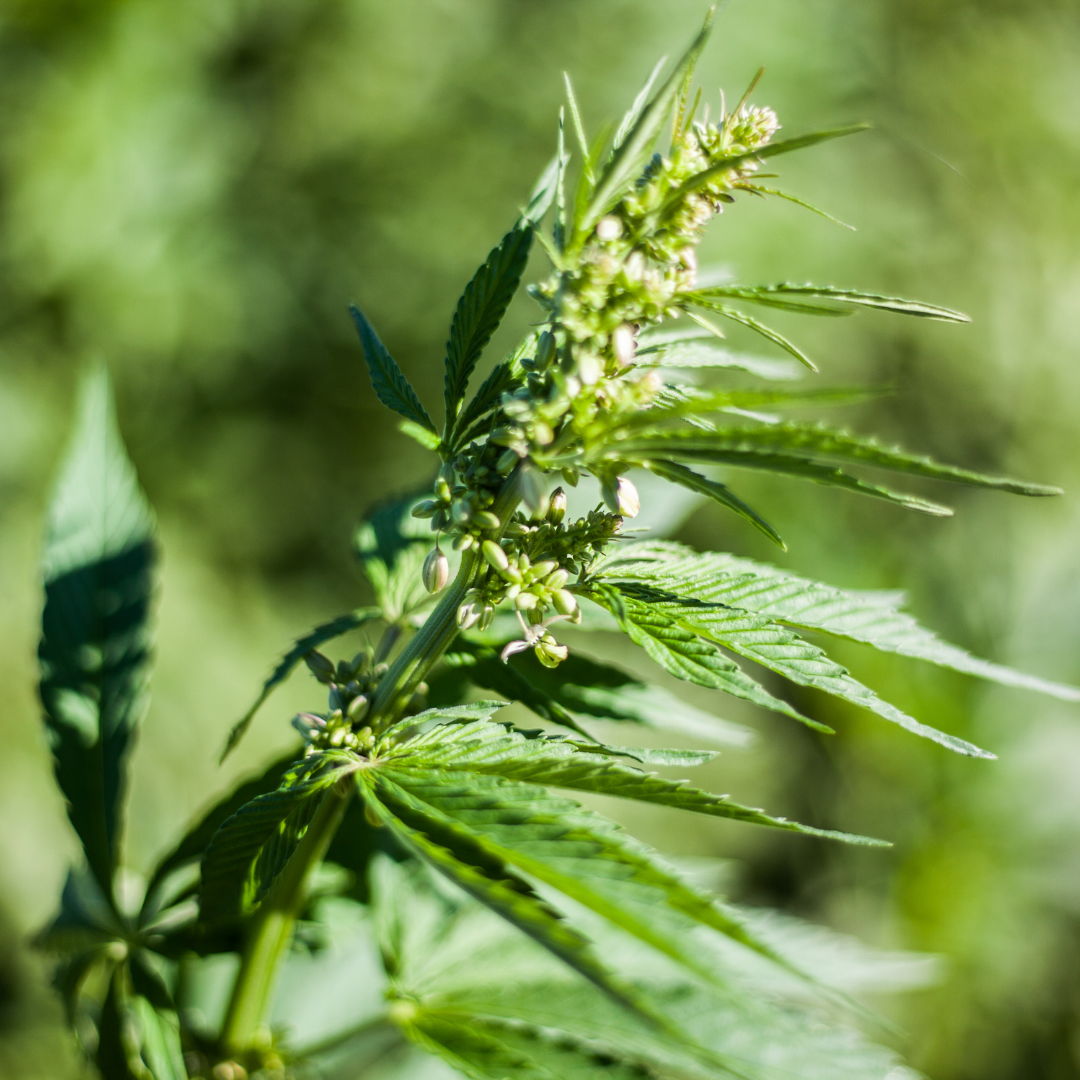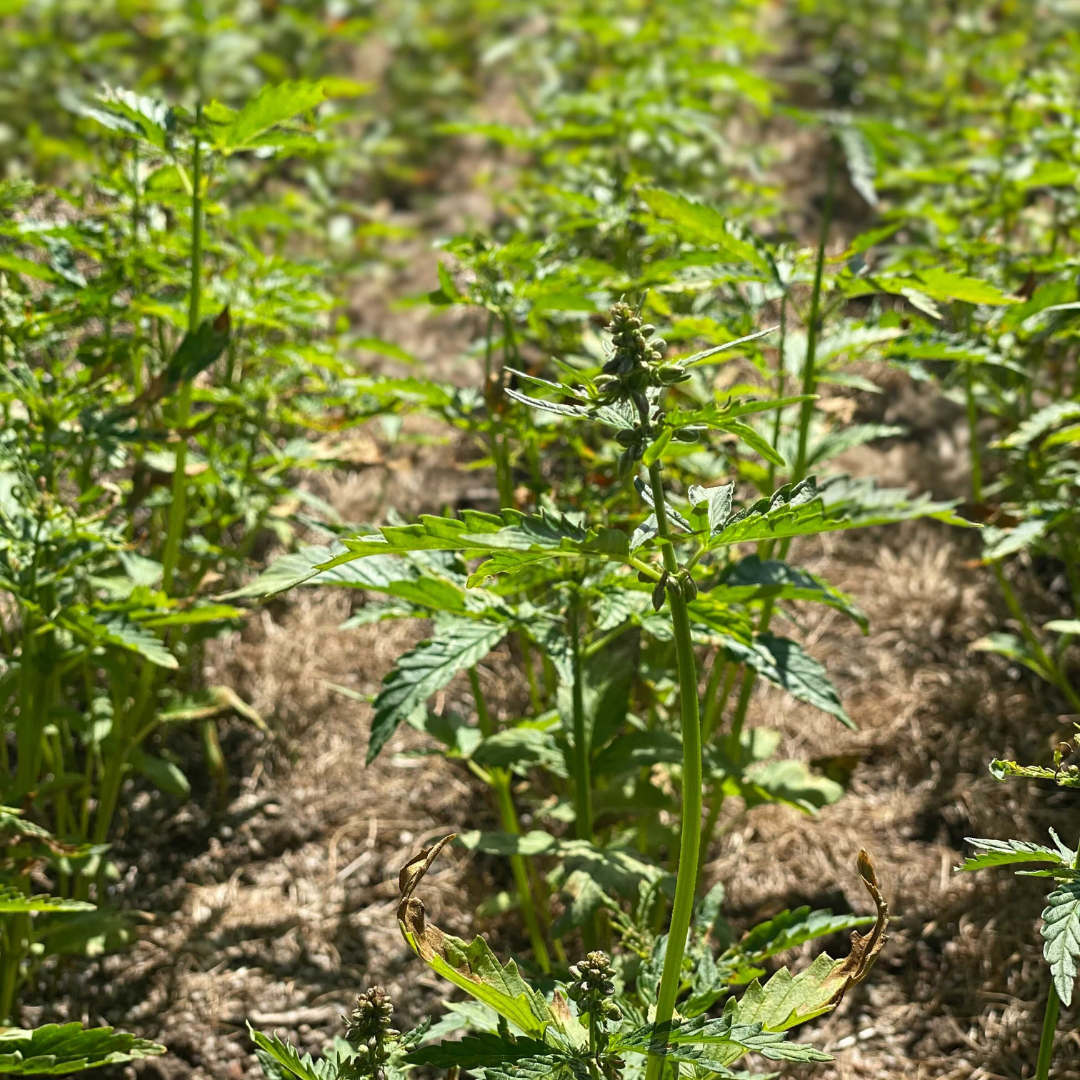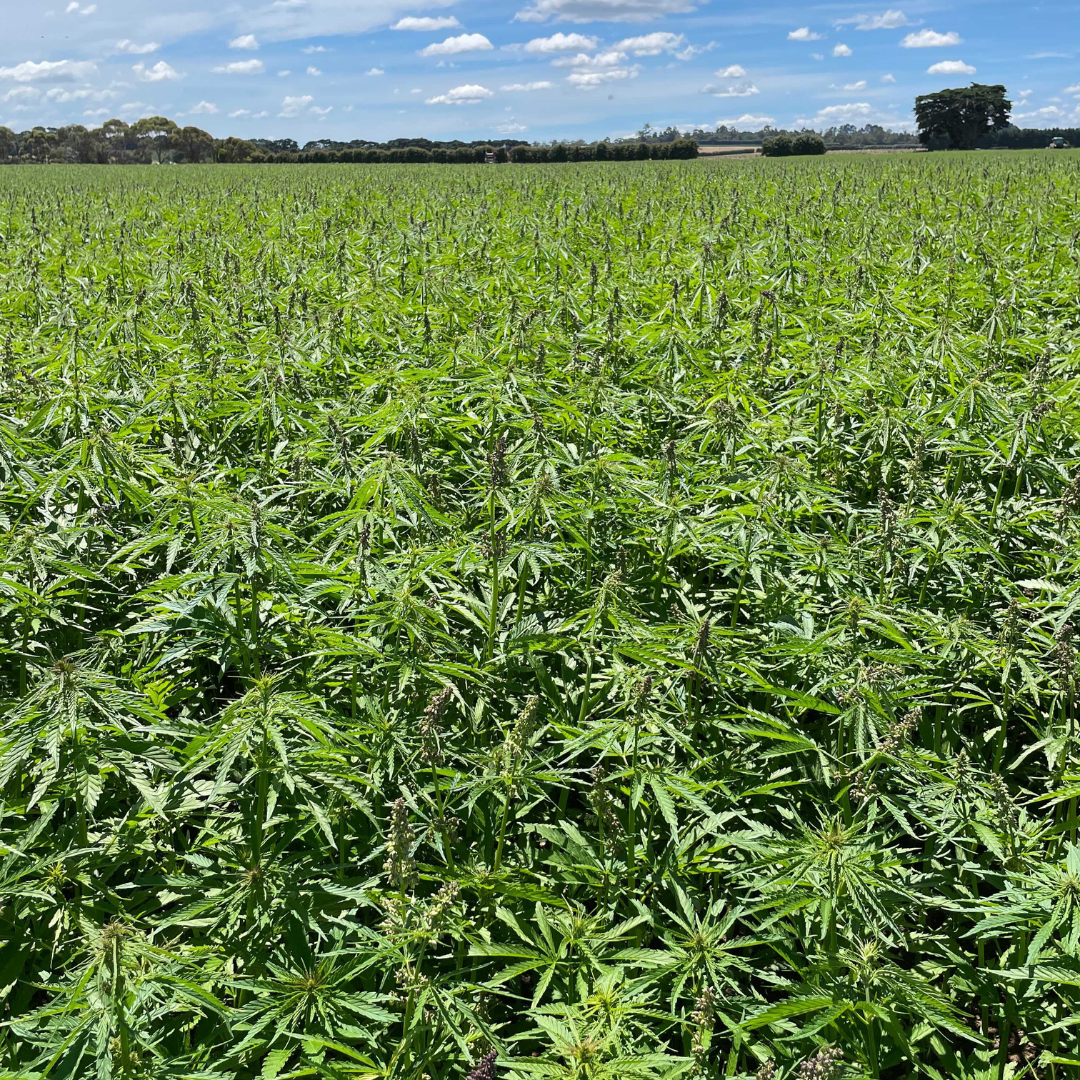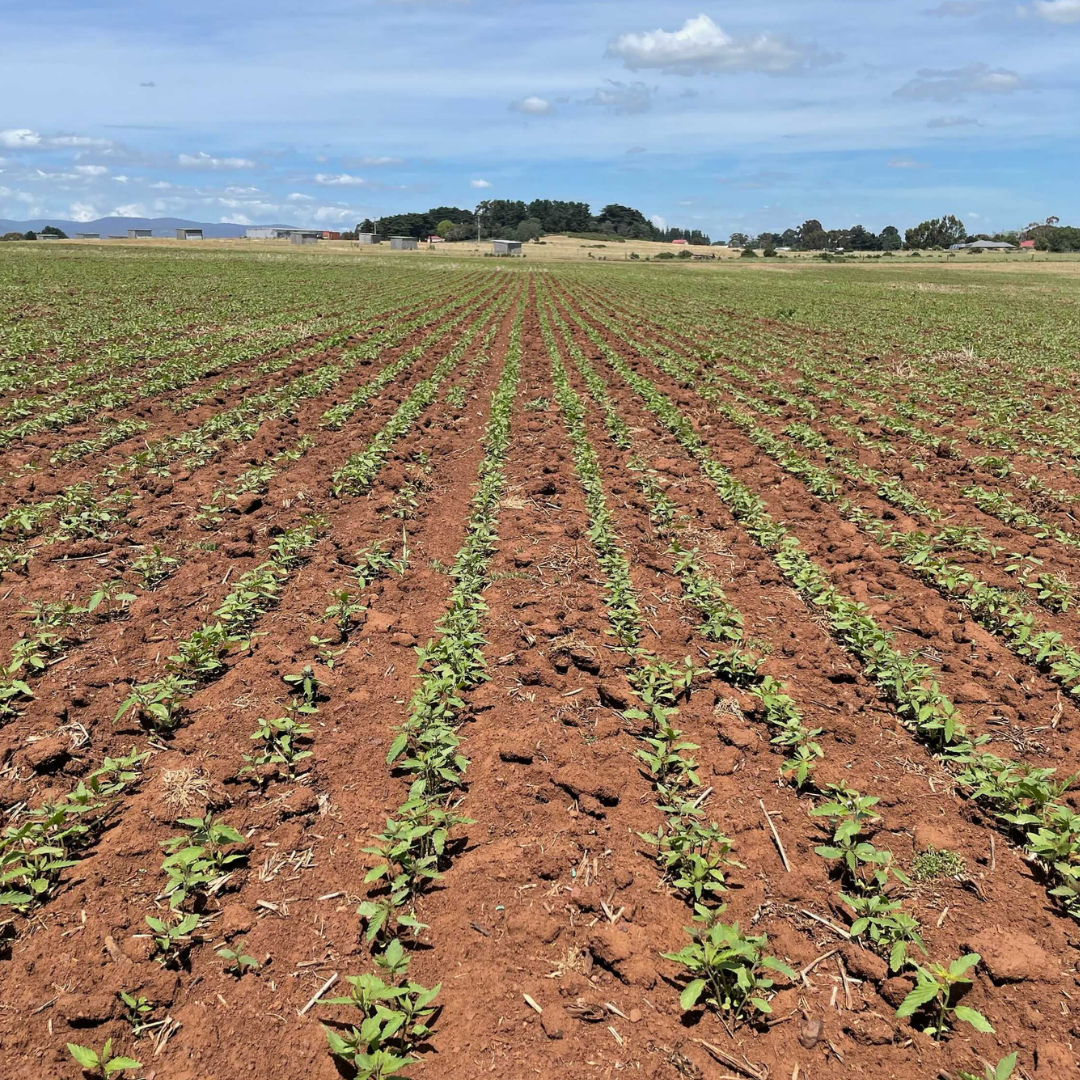The short answer: Yes.
The hemp plant has been legal in Australia since 2017. And for good reason. Hemp is a fast-growing, nutritious and sustainable resource, used across thousands of applications, from medicine to biofuel to eco-friendly insulation.
The long answer: Yes, but it hasn’t always been smooth sailing for the notorious green plant.
Hemp has been the centre of backlash and controversy since the early 1900s. Propaganda. Mass confusion. Economic competition. Hazy legislation. Even xenophobia may have shaped our view of hemp.
So, let’s take a quick look at the rise, fall and rise again of hemp.
What is hemp?
Hemp is a variety of plant from the cannabis sativa family. It’s closely related to marijuana, but the key difference between the two is the concentration of THC (the compound that gives you a euphoric high).
Marijuana has a high concentration of THC, whereas hemp contains less than 0.3% THC by dry weight – which is nowhere near enough to have any psychoactive effects.
A brief history of the hemp industry in Australia
Cannabis is one of the oldest cultivated plants in the world. The first traces of hemp date back to as early as 8000 BCE in Ancient China, being used to make rope, pottery, paper, clothing and textiles.
Many believe that they carried cannabis sativa seeds on board the First Fleet into Australia, being used for sails, rigging, clothing and to waterproof boats.
So, where did it all go wrong?
Between the 1920s – 1930s, America was beginning to shape the way the world views hemp.
People lost sight of the major difference between hemp and marijuana, with a church-funded propaganda film portraying cannabis as a dangerous plant that would turn your children sex-crazed, violent and insane. Cue: hysteria.
Not only that, the 1930s was a time of civil unrest in Mexico, which saw many Mexican immigrants seeking refuge in the US. They brought with them marijuana.
You see, “marijuana” was originally a Spanish term, which may have become adopted in the US as part of a racist exercise – intending to create a stronger connection with cannabis and immigrants. An “us” and “them” mentality.
So yes, many believe the criminalisation of cannabis was less to do with the plant, and more to do with the backlash against immigration.
And finally, during this time there was also rising economic competition from cotton, timber and synthetic plastics. These emerging materials were a cost-effective alternative, brought about by powerful billion-dollar companies. They saw hemp as a threat to their business (because it’s superior in so many ways), so what better time to jump on board the propaganda against cannabis?
Together, these events created a perfect storm. Marijuana and hemp were lumped into the same category, labelled as dangerous, evil and forbidden.
And so, hemp became banned in the US in 1937.
It wasn’t long before Australia and the rest of the world followed suit, putting hemp to bed (despite its incredible benefits for human nutrition and the environment).
Is hemp legal in Australia today?
In 2017 – almost 80 years after its prohibition – hemp was legalised in Australia.
The “blanket ban” on cannabis was revisited, legalising hemp with THC quantities below 1%.
Hemp is slowly coming out of the naughty corner, separating itself from its relationship with marijuana, and being recognised as the nutritious, sustainable and useful plant that it is.
Today, hemp can be grown in all Australian states and territories, favouring a temperate, sub-tropical or tropical climate. Across the globe, hemp is cultivated for use in more than 25,000 products, including medicine, food, bioplastic, biofuel, insulation, paper and more.
At Australian Primary Hemp, we’re one of Australia’s largest producers of Aussie grown hemp. We first began in August 2016, just when hemp was reinventing itself in the public eye.
Today, we’re excited to be at the forefront of a growing industry, helping to shake off the stigma of such an incredible plant.
Written by Samantha, an ethical copywriter from the Mornington Peninsula. She’s a former environmental scientist, outdoor enthusiast and the founder of Copy Circle.





